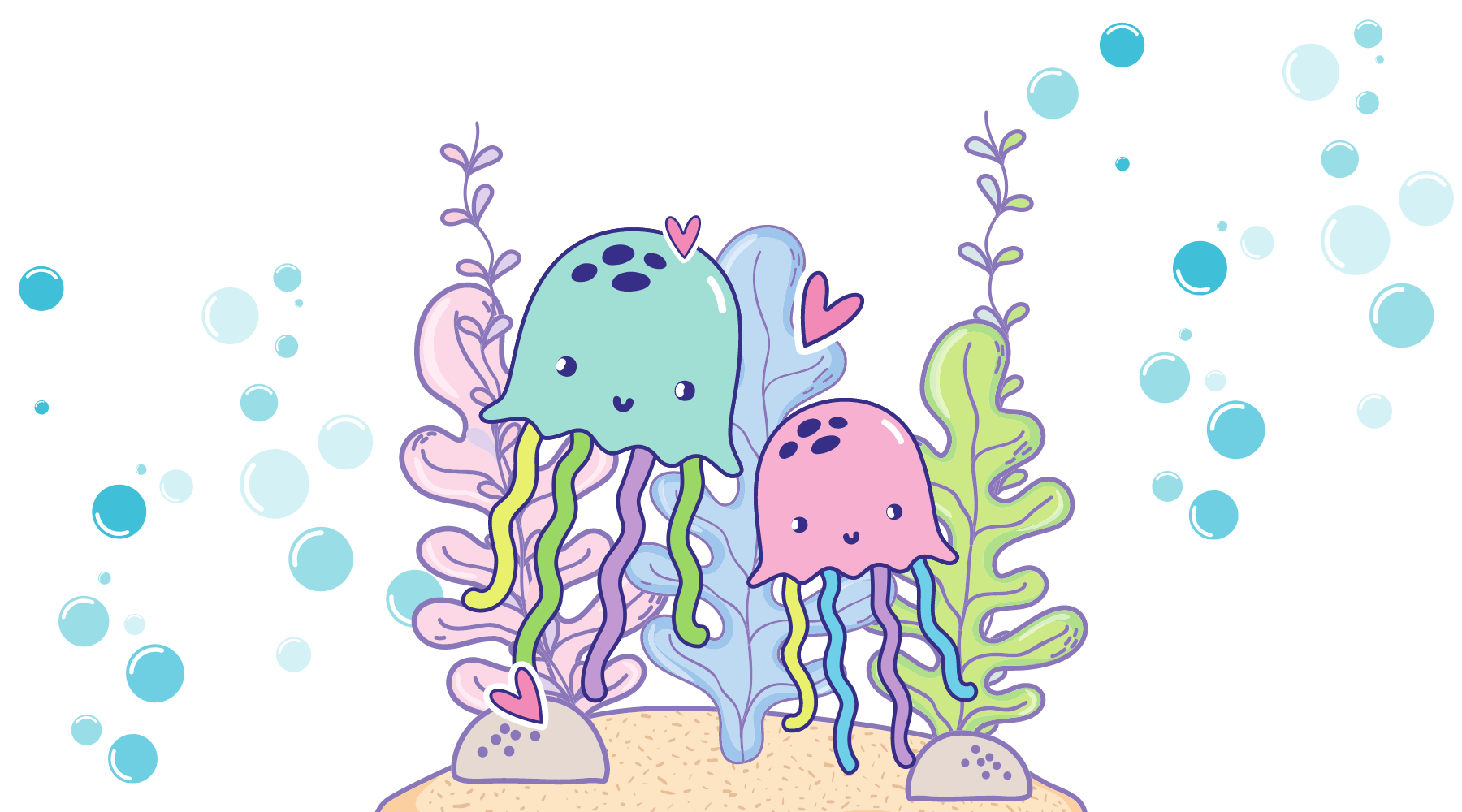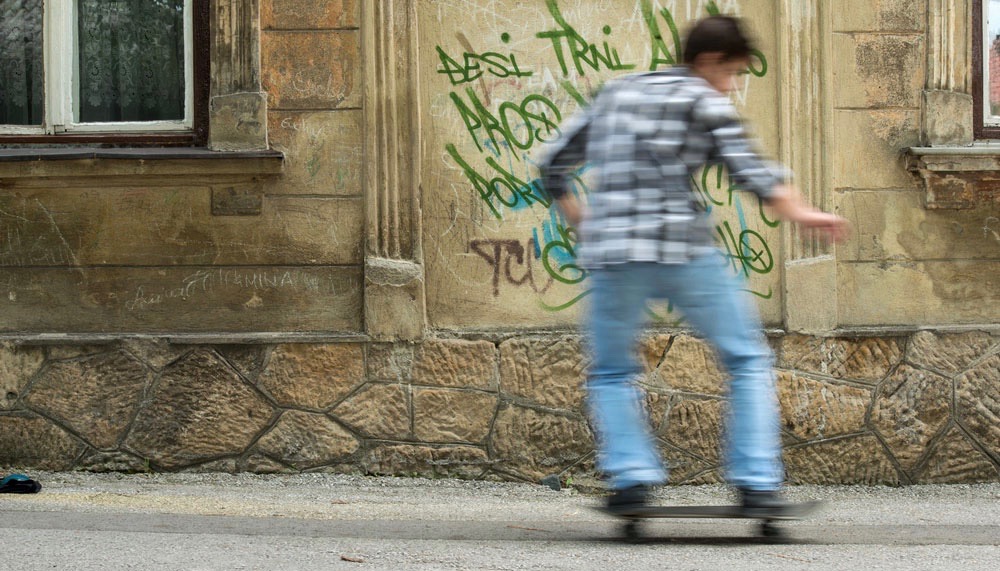
The advantages of being flexible like a jellyfish, the benefit of ‘risky’ playgrounds, and how mud boosts immune systems.
Our selection of thought-provoking and useful resources from around the web on educating and raising children, and supporting families.
Say goodbye to the ‘tiger mom’. Welcome to the school of jellyfish parenting
(Emma Brockes, The Guardian)
With most families juggling extra-curricular activities for their kids, it’s not uncommon to hear a parent lament about getting said child to the activity – or rather, trying to convince that child to continue with the activity they (likely) pestered to be signed up for.
The author writes of the struggle to get one child to an activity on one side of town and the other child to another activity on the other side. Throw in the cutthroat competition to get a place in the activity, the cost, the child deciding it’s no longer for them, and the stress on everyone. What’s the answer? The author suggests ‘opting out’.
‘What if we didn’t do this?’ she asks. This is the opposite of the ‘tiger mom’ parenting style and becomes more like jellyfish parenting – ‘endlessly flexible’. Is it such a wild idea to allow a child to ‘quit’ if they don’t enjoy it after all?
Read the full articleThis new ‘risky’ playground is a work of art – and a place for kids to escape their mollycoddling parents
(, The Conversation)
Melbourne has seen the installation of a new ‘risky’ playground by artist Mike Hewson. It’s referred to as ‘playable public art’. As the article explains, this style of playground is not all that new, with the first playable sculpture created in 1949 in Stockholm.
So why the change? Most parents with younger children grew up in the era when play-safety standards were introduced in Australia. Meaning the playspace designers followed these standards and we were all left with ‘safe’ playgrounds for fear of liability cases due to potential ‘hazards’ found in playgrounds. But ‘hazards’ and ‘risks’ are not one and the same.
Rather than being risk-averse, playgrounds are now being designed to allow for risky play – an essential part of a child’s development, as much research has discovered.
Encouraging our children to explore risk allows them to understand what might be a hazard and determine their own limitations – surely this is a step in the right direction?
Read the full articleHow mud boosts your immune system
(Alessia Franco and David Robson, BBC: Family Tree)
We send them outside to play, but then they come back covered in mud, dirt and grass stains – and you can hear the collective sigh of parents doing the laundry.
Yet as the authors write, while many parents understand the benefits of children playing outdoors, research is increasingly showing that it’s also great for their immune systems.
The non-infectious organisms our children encounter while playing in mud and dirt or simply walking in nature are referred to as ‘old friends’. These ‘old friends’ have been around for much of our evolutionary history, but our children lack the exposure we once had thanks to urbanisation and indoor play.
Not all is lost, though. Many early learning services and kindergartens now encourage messy play with mud kitchens, bush kinder and gardening programs. The authors describes a project in Finland child care services where researchers ‘transplanted’ soil and vegetation from a forest floor into planter boxes for gardening.
‘That encouraged further contact’, said Aki Sinkkonen of the University of Helsinki, a co-author of a paper who specialises in mud microbiome. One month on, the children in the project showed signs of improved immune function – a good reason to encourage playing in the mud and not worry about the laundry so much.
Read the full article


